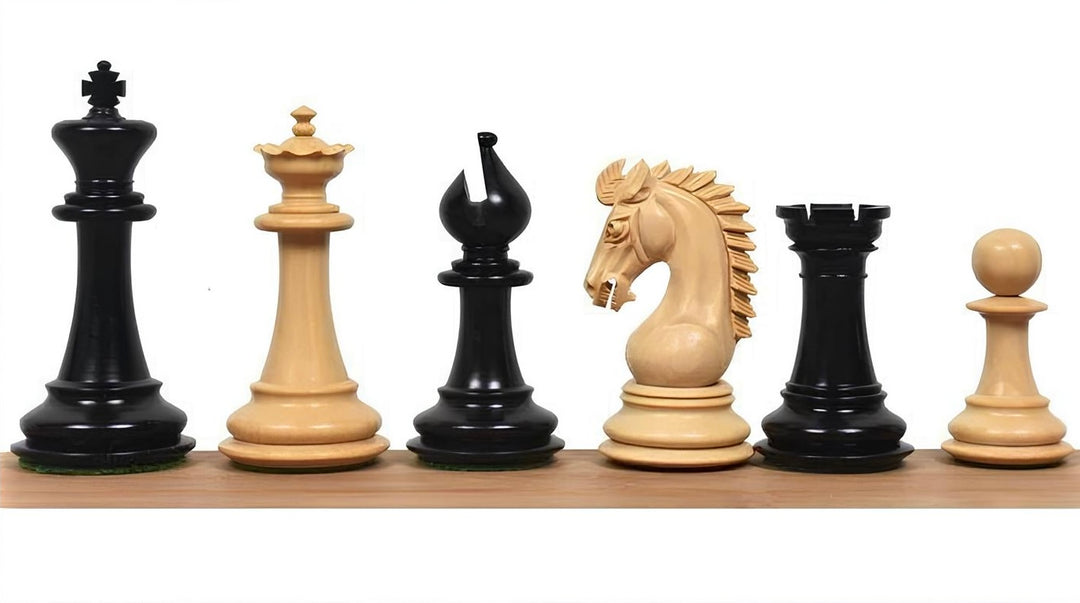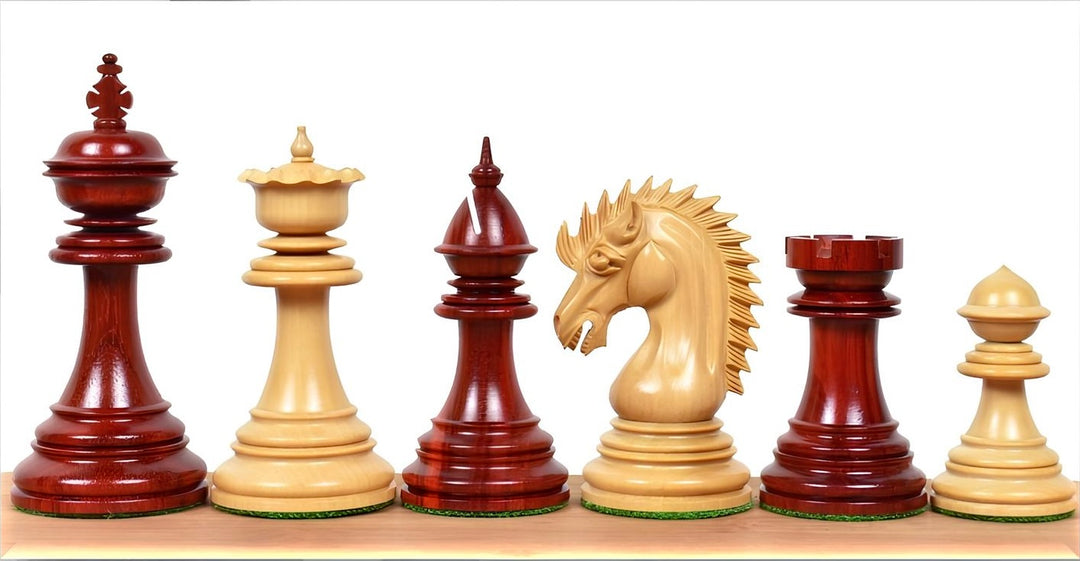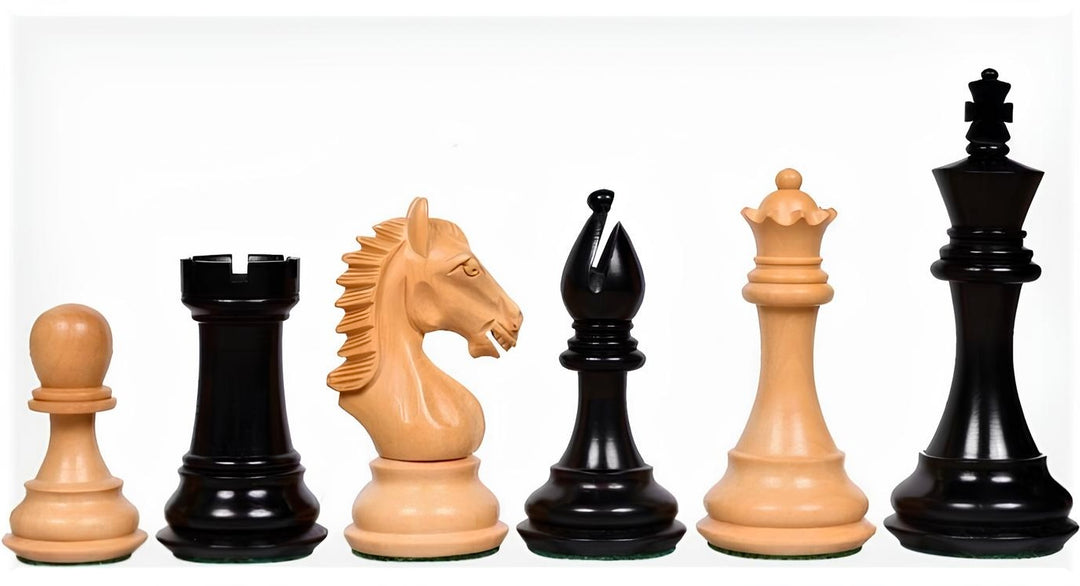Introduction to Playing Chess with a Pigeon
Playing chess with a pigeon represents a metaphorical scenario rather than a literal game. The phrase playing chess with a pigeon originates from a popular internet meme that illustrates the futility of engaging in a rational debate with someone who does not adhere to the rules of logic or reason. The analogy is drawn from the idea that if one were to play chess with a pigeon, the bird would likely knock over the pieces, strut around the board triumphantly, and act as if it had won, regardless of the game's actual state.
The Metaphorical Meaning of the Phrase
Understanding the metaphor in playing chess with a pigeon is essential for recognizing when rational discussion is ineffective. This comparison is often used in contexts where one party is committed to civil, logical discourse and the other party ignores these norms, responding instead with irrationality or hostility. The frustration felt in such scenarios is akin to what one might feel trying to earnestly play chess with a pigeon.
Origins of the Expression
The exact origin of the phrase is hard to pinpoint, but it gained popularity on the internet as a way to describe online debates, particularly on social media platforms where logical fallacies or outright denial are often employed instead of reasoned argument. The image of a pigeon disrupting a chess game serves as a vivid depiction of the chaos and frustration that can ensue.
Challenges of Engaging in Rational Debate with Irrational Opponents
Engaging with someone who behaves like the proverbial pigeon in a chess game poses significant challenges. These challenges can manifest in various contexts, from casual conversations and academic debates to political discourse and online forums.
Understanding Different Perspectives
It’s critical to first understand that different perspectives or opinions are not in themselves indicative of pigeon-like behavior. True pigeon behavior is characterized by a disregard for mutual understanding and respect for the rules of discourse. It's important not to label all contrary opinions as such; rather, focus on the approach and behavior in the dialogue.
Recognizing Futile Discussions
Recognizing when a discussion is futile is a crucial skill. Signs of such a situation may include repeated interruptions, ignoring evidence, shifting arguments without acknowledging points made, and resorting to personal attacks instead of engaging with the subject matter. When these patterns emerge, they often indicate that continuing the conversation may not be productive.
Techniques for Handling Unproductive Debates
When caught in an unproductive debate, there are several techniques that might help restore order or exit the situation gracefully:
- Setting Boundaries: Clearly define the norms for the discussion at the start. This might include sticking to facts, not tolerating ad hominems, or agreeing to take turns speaking.
- Staying Calm: Maintain your composure. Becoming visibly frustrated or angry only contributes to the breakdown of productive dialogue.
- Disengaging: Politely withdrawing from a conversation can sometimes be the best option if the interaction proves fruitless.
The Impact of Pigeon Chess on Public Discourse
The metaphor of playing chess with a pigeon illuminates deeper societal issues regarding public discourse. In an age where information is abundant but often unvetilated, the ability to engage in meaningful conversation is more important than ever. The pigeon problem highlights the need for critical thinking and emotional intelligence in communications.
Building Better Discourse
To build a healthier public discourse, educational systems and social platforms must emphasize critical thinking, respect for differing opinions, and robust mechanisms for fact-checking and accountability. Encouraging individuals to approach discussions with openness and a willingness to learn can transform disruptive debates into opportunities for growth and understanding.
Conclusion
Though one might never literally play chess with a pigeon, the metaphor serves as a powerful reminder of the challenges and responsibilities inherent in engaging with others, particularly in an increasingly polarized world. Recognizing when you are in a pigeon-like debate and knowing how to gracefully exit or steer such conversations can preserve both sanity and productivity. Thus, whether in personal encounters or global discourse, understanding the dynamics of pigeon chess is crucial for anyone navigating the complexities of communication in the modern age.
Explore our large collection of luxurious chess sets!










































Leave a comment